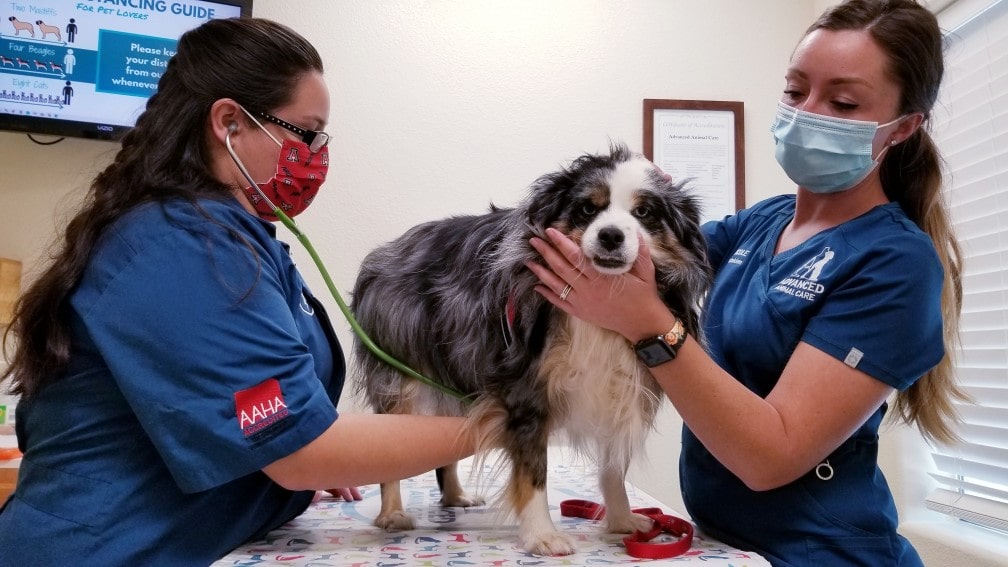Does it happen that your vet uses some terms, and you feel blank? Your vet may use alien terms with you that you may not understand initially. But you need not worry. It is not possible to know all the medical terms. You can always learn it.
Most medical terminologies originated in Greek and Latin languages. Vets are used to facing such questioning look from dog owners. You can be a person who can understand these terms and analyze them well, which helps your dog. You can learn some medical terms through a crash course for better understanding.
Otherwise, it may be embarrassing for you, especially if you are a newbie owner. Vets use these medical terms. They are medical experts habituated with experienced owners who know these terms.
5 medical terms veterinarians want every dog owner to know
1. Neoplasia
Neoplasia-the word came from the Greek. It refers to a new transformation. It indicates any cancerous growth. In this condition, a new cell is formed. If the vet uses this word, he probably means he detected or found cancer in your dog.
As long as the dog survives, there is more possibility of advanced treatment and maybe a good remedy for cancer that works effectively.
2. Dysplasia
It is a medical term that came from Greek terminology. It means “bad formation”. Several things are considered under this single term. The common is hip dysplasia. It indicates an unusual formation detected in the hip junction of your pet.
Using this term, the vet indicates the detection of an unusual formation in the hip area, which has been obstructing the natural development, maybe by any foreign body from outside.
3. Itis
It is related to any inflammatory disorder of body parts like bronchitis, arthritis, etc. Several diagnoses consist in this medical term. In actuality, it is the process related to that particular diagnosis. Infections, cancer, and injuries create inflammatory problems.
If your pet is detected to have such inflammation, you better be prepared for more tests to unwrap the root cause of the problem.
4. Microfilaria
Microfilaria indicates the presence of heartworm larva in your pet’s body. Microfilaricide is the treatment to ward off any larva. It is the name of the protocol that kills and prevents your dog from such larva transmitted by various vectors, such as mosquitoes.
It also stops their growth and kills the larvae so that it does not harm your canine companion. In the area this larva is widespread, you should know its life cycle and especially the microfilaria stage. It is the most crucial stage where treatment is available to ward off diseases and prevent health damage to your dog.
5. Bladder verses Kidney
The majority of us consider these two things as same. But they are two different systems inside our body though they are related. The kidney is a vital part. It functions to remove toxins from our or our dog’s body. Without this part, we won’t even survive.
For us, or dogs, dialysis helps increase survival chances, whereas the bladder is a store for urine until you eliminate them. A kidney is an essential organ to survive. Kidney stone is more dangerous than bladder stone.
Hence, surgery is required to remove the stone, but bladder stone has no such problem unless it’s unable to hold urine. The process of kidney stones is more complicated than the bladder one.

 DogExpress
DogExpress




















 in Chandigarh, India.
in Chandigarh, India. 
